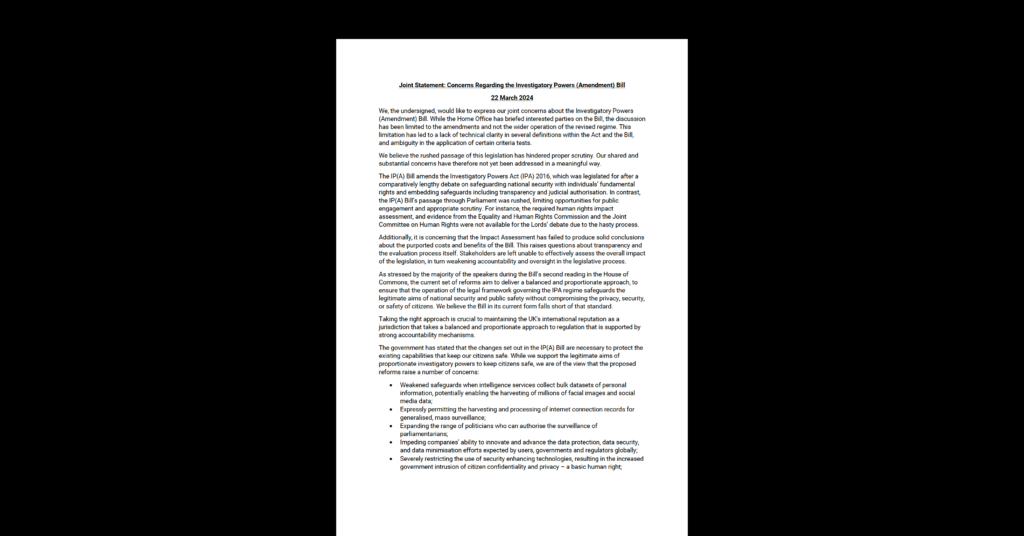European Policy, Open Internet
CDT Signs on to an Open Letter on The Copyright Reform
Your Excellency Deputy Ambassador,
We, the undersigned, are writing to you ahead of the 23 November COREPER 1 meeting, at which copyright in the Digital Single Market will be discussed by the Austrian Council Presidency. We consider that it is too early at this stage to give a renewed mandate to the Austrian Presidency.
Representing human, privacy, civil rights and media freedom organisations, software developers, creators, journalists, radio stations, higher education institutions and research institutions, we would like to draw your attention to our ongoing concerns regarding the proposal. We believe that both the Council and the Parliament texts risk creating severe impediments to the functioning of the Internet and the freedom of expression of all.
In previous open letters of April 26 (here) and July 2 (here), we urged European policymakers to deliver a reform that upholds fundamental rights of all to freedom of expression as well as core principles such as limitation of internet intermediaries’ liability (which is essential to ensure the balance of rights repeatedly required by CJEU rulings) and access to knowledge.
In the current negotiations, these values are severely threatened, most importantly due to:
- Art. 13 (upload filters): Changing or reinterpreting the liability regime for platforms and making them directly liable is a threat to fundamental rights as +70 Internet luminaries, the UN Special Rapporteur on Freedom of Expression, NGOs, programmers, and academics have stated repeatedly. The resultant upload filters (“content recognition technologies”) would push internet intermediaries to rely on technologies that are error prone, intrusive and legally questionable1 . Relying on very imperfect algorithms to regulate free speech online will put the diversity of opinions and creative content at risk. The legal uncertainty created for European companies will mean that they will never know how much filtering will be enough to be considered to be “enough” for 27 national transpositions of the Directive. The only option will be blocking of legal content.
- Art. 11 (press publishers’ right): As analysed by a plethora of academics (see here and here, for example), a press publishers’ right is not needed and will have only harmful outcomes. Furthermore, as a result of this proposal, user-shared links on social media, news aggregation websites and search engines will no longer show extracts or will become unavailable, posing limits to the freedom of citizens to seek and impart information. Media plurality will suffer as new or innovative news sources will no longer be treated equally in the display of results on the internet. Additionally, user-created content on platforms will no longer be able to include extracts of licensed works, as quotation rules among European countries are not harmonised.
For the ongoing trilogue negotiations, we urge you to reject obligatory or “voluntary” coerced filters and to keep the current liability regime intact. Enforcement of copyright must not become a pre-emptive, arbitrary and privately-enforced censorship of legal content.
Moreover, we ask you to hear the voice of academic research that a press publishers’ right will not have the intended effect and will instead lead to a less informed European society. 1 See CJEU cases Scarlet VS SABAM (C-70/10) in filtering and Promusicae v Telefónica (C/275/06) on the obligations of Member States on balance of rights. For all of the above reasons, we call on you to take a firm stance for citizen’s rights and the European digital economy in the ongoing trilogue negotiations. We call on you to stand up for a copyright that respects the foundations of a free, innovative and open digital society that delivers a vibrant, open marketplace for artists and their works.


